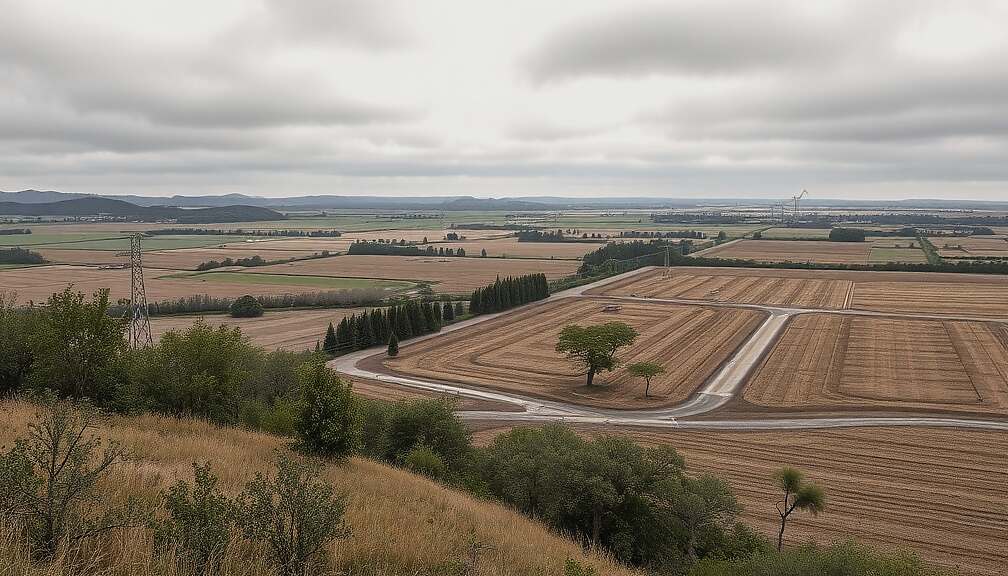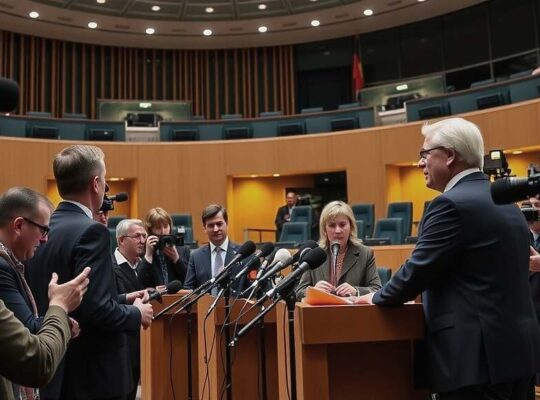A key industry body is raising concerns that planned modernization efforts in Germany may be hampered by critical gaps and insufficient deregulation. Ahead of a government cabinet meeting in Berlin focused on a modernization agenda, the German Broadband Association (Anga) has highlighted potential obstacles to progress.
Philipp Müller, Managing Director of Anga, emphasized the crucial link between robust digital infrastructure and Germany’s competitiveness, particularly in the age of artificial intelligence. He stated that a high-performing digital network is now essential for maintaining economic vitality.
According to Anga, approximately two-thirds of the German population rely on fast internet access for daily activities. However, nearly half regularly experience limitations or disruptions in service. This underscores the urgency of accelerating the transition from copper-based to fiber-optic infrastructure, a commitment enshrined in the governing coalition agreement. Failure to do so, Anga warns, risks rendering these plans ineffective.
The modernization plan, spearheaded by Digital Minister Karsten Wildberger (CDU), prioritizes increased digitalization across various sectors, but faces scrutiny regarding the necessary regulatory changes to facilitate swift implementation. The association believes a reduction in bureaucratic hurdles is essential to ensure the successful rollout of next-generation broadband capabilities.












